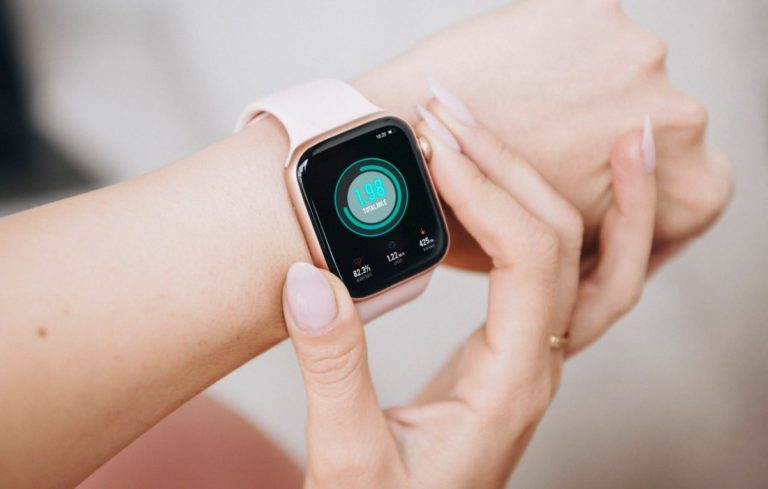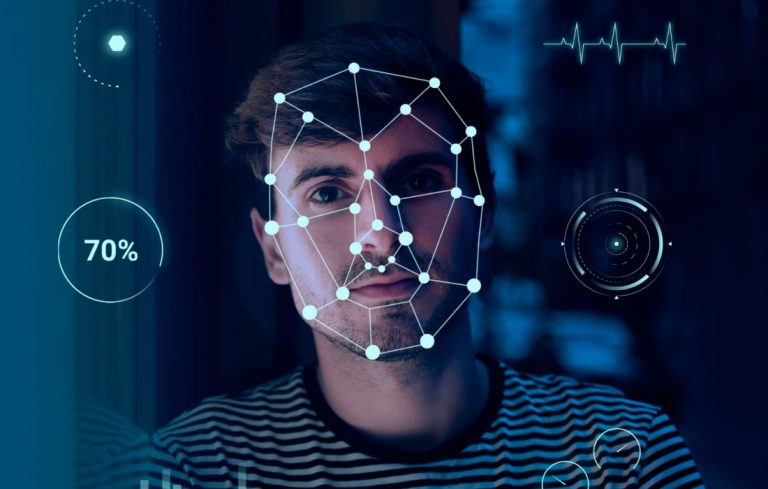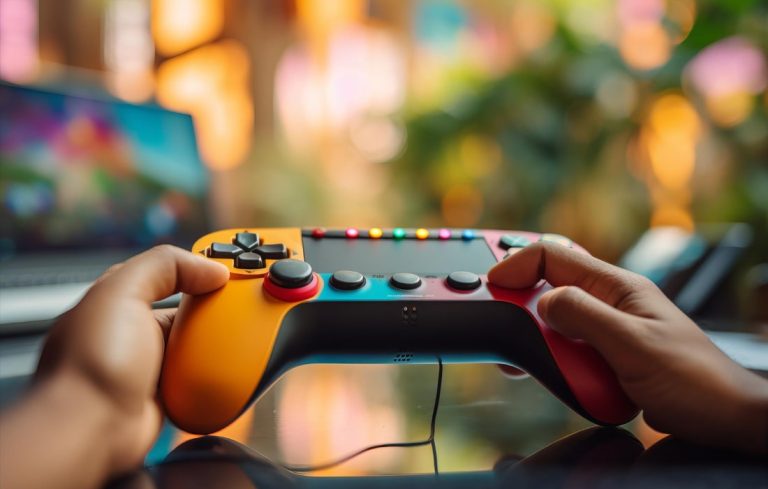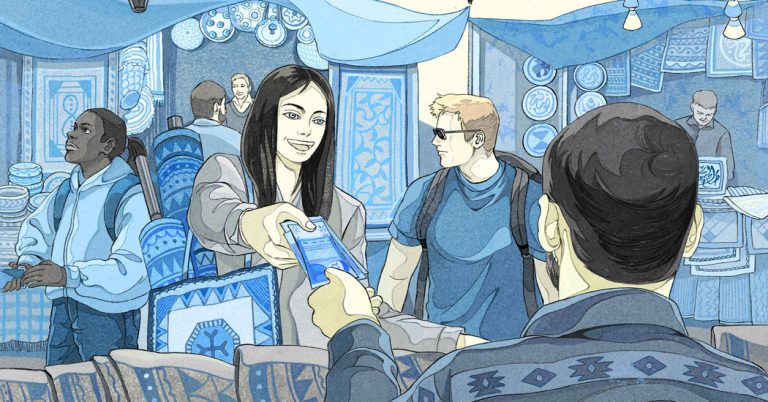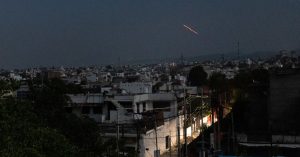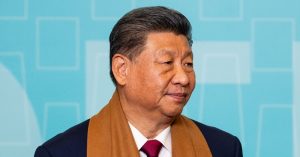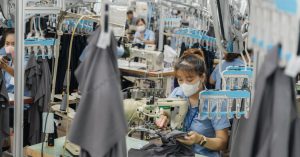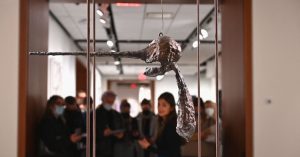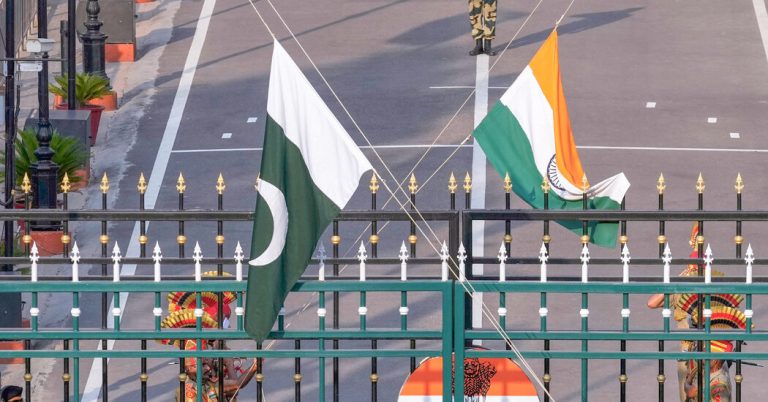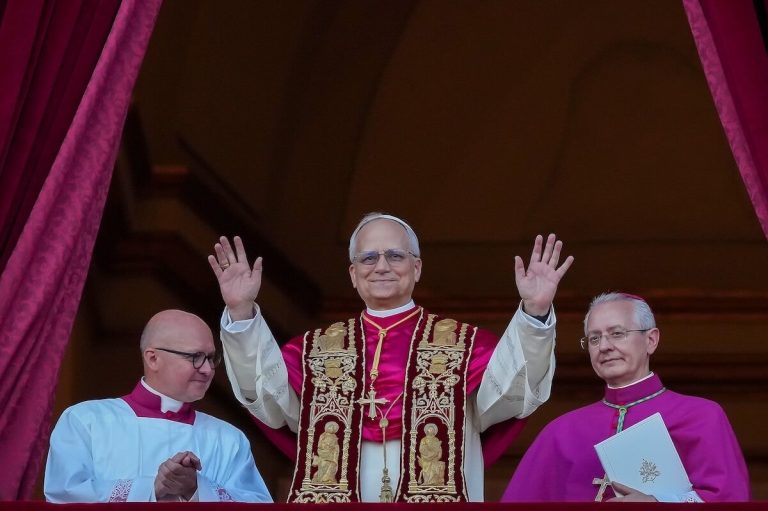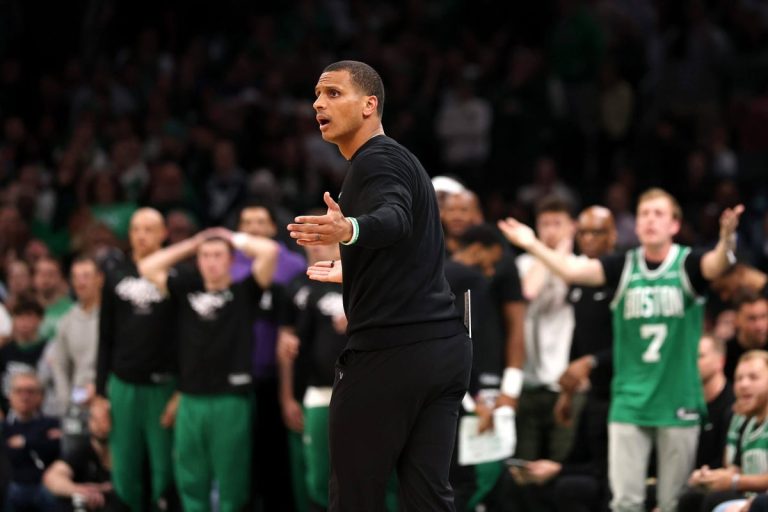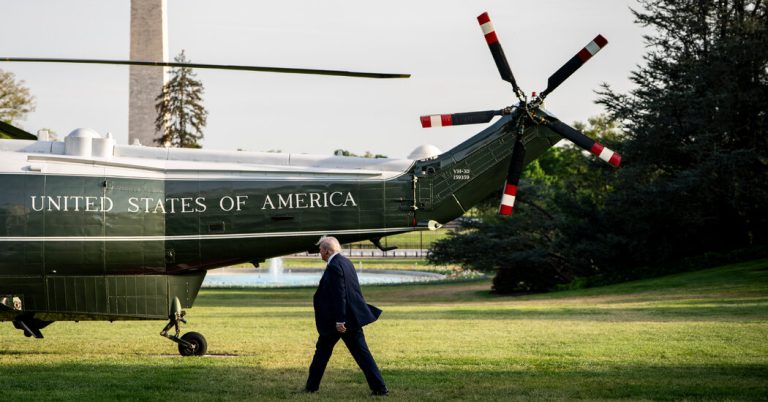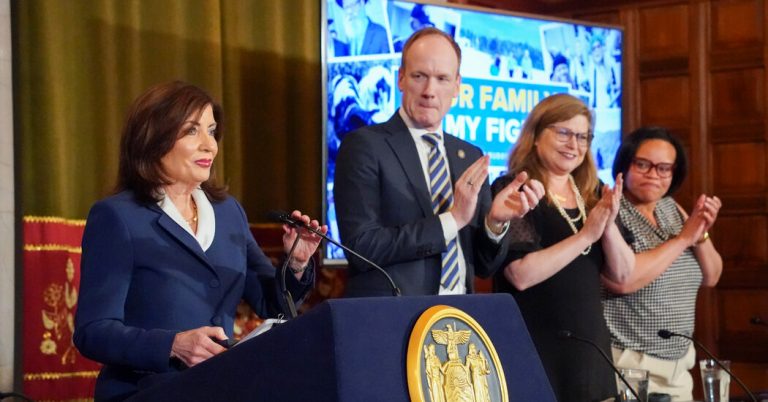Students at Jawaharlal Nehru University, one of India’s premier liberal institutions, gathered on Tuesday evening for a screening of a new BBC documentary about Prime Minister Narendra Modi. But university officials had other plans.
They swiftly locked the entry gates at the New Delhi campus and cut off electricity in the winter chill, leaving the students to sit and watch the program on laptops and cellphones, their faces glowing beneath a blank projection screen. Then, just minutes into the viewing, which the students were holding in defiance of an order by the public university, they were attacked by a smaller group of masked men throwing stones.
“They will shut one screen, and we will open hundreds,” said Aishe Ghosh, one of the student activists who attended.
The documentary, “India: The Modi Question,” focuses on Mr. Modi’s role during Hindu-Muslim riots that tore through the state of Gujarat in 2002, when he was its chief minister. The murder of a group of Hindu pilgrims at a railway station prompted a wave of mob violence in which about 1,000 people, most of them Muslims, were killed, and perhaps 150,000 uprooted.
Mr. Modi’s critics at the time accused him of clearing the way for the carnage, or at least turning a blind eye to it. In the BBC special, an unnamed British official wrote that the massacres bore “the hallmarks of ethnic cleansing” of Gujarat’s Muslim minority, and the documentary reveals that a British investigation in 2002 had found Mr. Modi “directly responsible.”
More on India
- On the Big Screen: A Mumbai theater has shown the movie “D.D.L.J.” nearly every day since 1995. In many ways, the India of today looks like the India on the screen.
- India’s Cram City: In Kota, students from across the country pay steep fees to be tutored for elite-college admissions exams — which most of them will fail.
- Renting as a Single Woman: As they delay or reject marriage and live on their own, single working women in India face an often infuriating quest for housing.
- Delivery Apps: Fueled by billions of dollars in investments, Indian companies are rushing to cut delivery prices and wait times, relying on an army of low-paid, harried drivers.
“The Modi Question” was not set to air anywhere in India. But questions about whether Mr. Modi was complicit in the 2002 riots remain sensitive for the national government and his governing Bharatiya Janata Party, which point to investigations that have cleared him. Arindam Bagchi, a foreign ministry spokesman, denounced the documentary, saying it was “designed to push a particular discredited narrative” and betrayed a “colonial mind-set.”
But the government has not stopped at criticizing the documentary. It has also taken steps to make it difficult to view inside India, the latest intervention in the free flow of information by state machinery that carefully tends to the image of India’s most powerful leader in generations.
Without banning the documentary officially, India’s Ministry of Information and Broadcasting blocked segments of “The Modi Question” from appearing on YouTube, with the cooperation of the site’s parent company, Alphabet. The ministry took that action under a cluster of “I.T. rules” passed in 2021 that allow it to suppress virtually any information that appears online.
Such measures are unusual but not unprecedented — in 2015, the government blocked another BBC documentary, “India’s Daughter,” concerning a notorious rape and murder in New Delhi. (YouTube has since made it viewable.)
Twitter has been more resistant to barring content at the direction of the Indian government, but it, too, blocked posts linking to footage from “The Modi Question.”
Digital content is slippery, though. By using VPNs and trading flash drives and the like, enterprising Indians have been able to get ahold of the documentary fairly easily.
At the southernmost end of India, left-wing student groups in the state of Kerala announced that they would be staging wildcat screenings of the documentary. Local B.J.P. leaders declared that it would be tantamount to “treason” and called on Kerala’s chief minister to prevent it. Kerala’s Communist government is often hostile to the right-wing central government, however, and the attacks on the documentary seemed as likely to attract attention to it than to make it disappear.
The BBC’s broadside comes at a sensitive time for Mr. Modi’s government. Thursday is India’s Republic Day, traditionally marked by a military parade and diplomatic grandeur. Egypt’s general-turned-president, Abdel Fattah el-Sisi, a strongman who cut down the hopes for democracy that emerged during the Arab Spring, is to be this year’s guest of honor. India is also engaged in a major diplomatic push as it prepares to host the Group of 20 summit later this year.
Mr. Modi’s defenders question why, after 21 years, the Gujarat unrest is being brought up now. After the riots, Mr. Modi’s rise within the B.J.P. and national politics was thwarted temporarily, and the United States denied him an entry visa under a little-used law intended to protect religious freedom. That order was lifted by President Barack Obama in 2014, when Mr. Modi became prime minister.
By then, the rehabilitation of Mr. Modi’s image within India was almost complete. In 2012, an investigative team appointed by the country’s Supreme Court recommended that he be cleared of all charges, and in July 2022, the court upheld that judgment. Most related cases and even convictions of others have been dropped or overturned, usually for lack of evidence.
Most of the story told by the BBC documentary would be familiar to Indians who followed the news in 2002. But a few incendiary new aspects were brought to light, including the previously unreported British investigation that found that “Narendra Modi is directly responsible” for the mass killings. Jack Straw, then Britain’s foreign secretary, told investigators at the time that the episode was “a particularly egregious example of political involvement to prevent the police from doing their job, which was to protect both communities, the Hindus and the Muslims.”
The BBC said in a statement last week that the documentary was “rigorously researched according to highest editorial standards.”
The U.S. government, which is hoping to align India as a strategic partner in its rivalries with Russia and China, signaled that it wanted no part in the controversy. Ned Price, a State Department spokesman, told reporters that he was not familiar with the content of “The Modi Question” but that he was “very familiar with the shared values that enact the U.S. and India as two thriving and vibrant democracies.”
The Gujarat nightmare may be 21 years old, but in India, the wheels of justice can grind slowly. In the city of Vadodara on Tuesday, 22 Hindu men were acquitted of charges in the killings of 17 Muslims during the days of frenzy in 2002. In the meantime, eight of the 22 accused had died.
